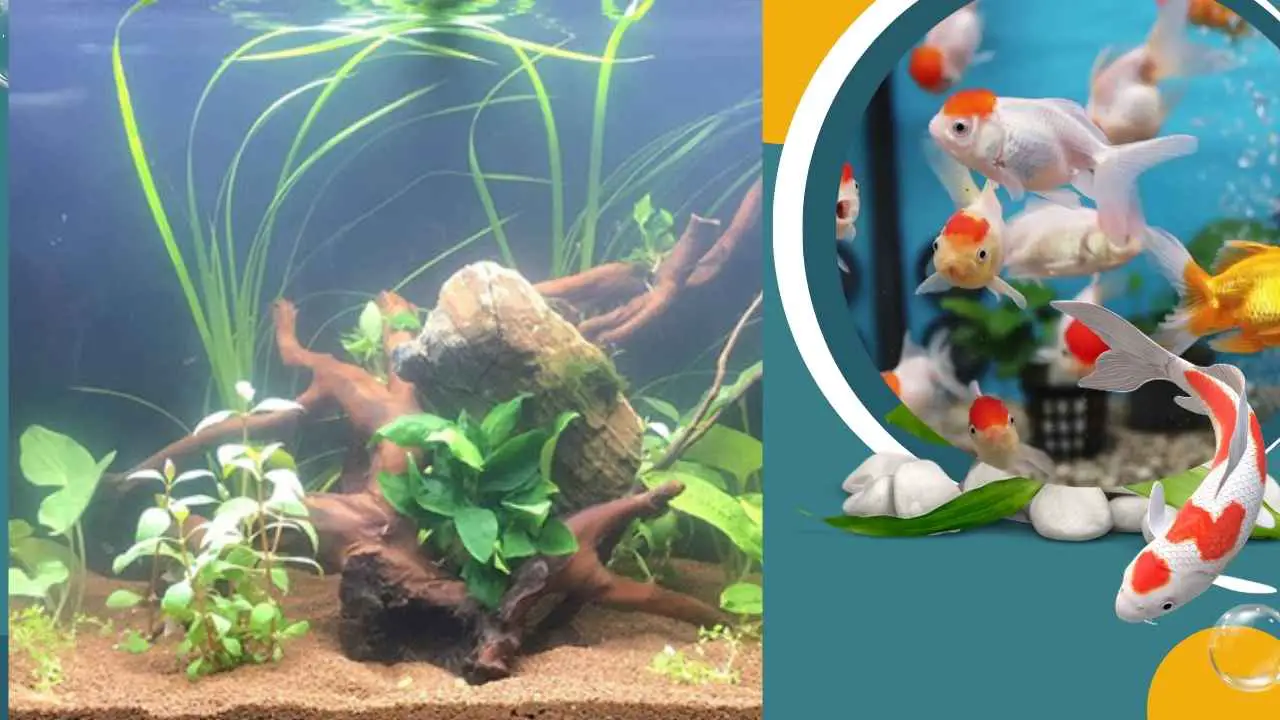Water quality is a crucial aspect of our daily lives, and water softeners play a significant role in enhancing it. However, it can be perplexing when your water turns cloudy after installing a water softener. This article aims to shed light on the potential causes behind this issue and offer solutions to restore the clarity and health of your aquatic ecosystem. By understanding the relationship between water softeners and aquariums, you can take the necessary steps to maintain a pristine environment for your fish and plants.
Understanding Water Softeners and Their Function
Water softeners are essential devices used to remove minerals like calcium and magnesium from household water. They work by employing ion exchange to replace hard minerals with softer ones. While water softeners have numerous benefits for everyday use, they can impact the delicate balance of an aquarium.
The Impact of Water Softeners on Aquariums
Aquarium water chemistry plays a crucial role in maintaining the health and well-being of your aquatic inhabitants. Hardness and pH levels directly affect the biological processes within the tank. When water softeners are introduced, they can alter these parameters and cause cloudy water.
Potential Causes of Cloudy Water after Installing a Water Softener
Cloudy water in an aquarium can result from various factors, including disruptions to the biological filtration process, an increase in suspended particles, and changes in water chemistry and pH levels. Understanding these causes is vital for implementing effective solutions.
Solutions to Clear Cloudy Aquarium Water
To clear the cloudy water in your aquarium, consider the following solutions:
- Consistently monitor water parameters such as pH, ammonia, and nitrate levels.
- Ensure proper maintenance of the aquarium filter, cleaning or replacing it as needed.
- Perform regular water changes and use appropriate water conditioning techniques.
- Utilize water conditioners and clarifiers specifically designed for aquarium use.
Preventive Measures to Maintain Aquarium Clarity
To prevent cloudy water issues when using a water softener, consider the following preventive measures:
- Choose a water softener that is compatible with aquariums and does not excessively alter water chemistry.
- Regularly test and adjust water parameters to maintain optimal conditions for your aquarium’s inhabitants.
Frequently Asked Questions (FAQs)
How do water softeners work?
Answer: Water softeners work by passing water through a resin tank containing small resin beads. These beads are charged with sodium ions. As water flows through the tank, the resin beads attract and replace the calcium and magnesium ions in the water with sodium ions, effectively softening the water.
Why does installing a water softener cause cloudy water in aquariums?
Answer: Installing a water softener can potentially cause cloudy water in aquariums due to several reasons. It can disrupt the biological filtration process, increase the presence of suspended particles, and alter the water’s chemistry and pH levels, all of which can lead to cloudy water.
How can I clear cloudy water in my aquarium after installing a water softener?
Answer: To clear cloudy water in your aquarium, you can take several steps. These include consistently monitoring water parameters, ensuring proper maintenance of the aquarium filter, performing regular water changes, and using water conditioners and clarifiers designed specifically for aquarium use.
Are there any preventive measures to avoid cloudy water when using a water softener?
Answer: Yes, there are preventive measures you can take to maintain clarity in your aquarium water when using a water softener. These include choosing a water softener that is compatible with aquariums and does not significantly alter water chemistry, as well as regularly testing and adjusting water parameters to maintain optimal conditions for your aquarium’s inhabitants.
What should I do if the cloudy water issue persists in my aquarium after following the recommended solutions?
Answer: If the cloudy water issue persists in your aquarium after following the recommended solutions, it is advisable to seek professional advice. A knowledgeable aquarium specialist or veterinarian can provide further guidance and assistance in resolving the issue and ensuring the well-being of your aquatic ecosystem.
Concluding Remarks
Maintaining the clarity and health of your aquarium water is crucial for the well-being of your fish and plants. By understanding the potential causes of cloudy water after installing a water softener and implementing the provided solutions, you can restore a pristine environment for your aquatic ecosystem. If issues persist, it is recommended to seek professional advice to ensure the best outcomes for your aquarium.

